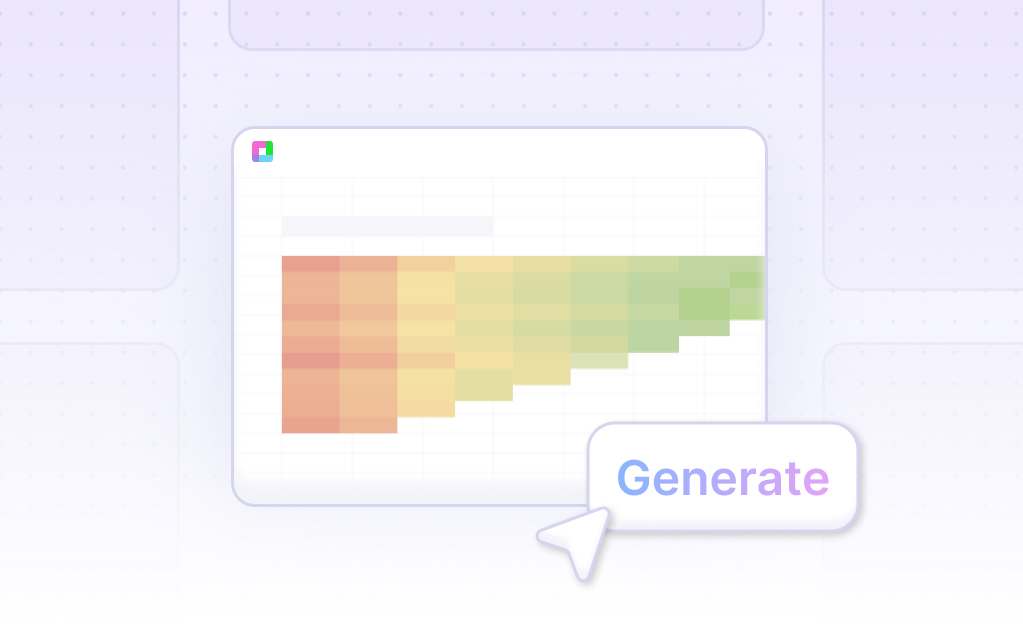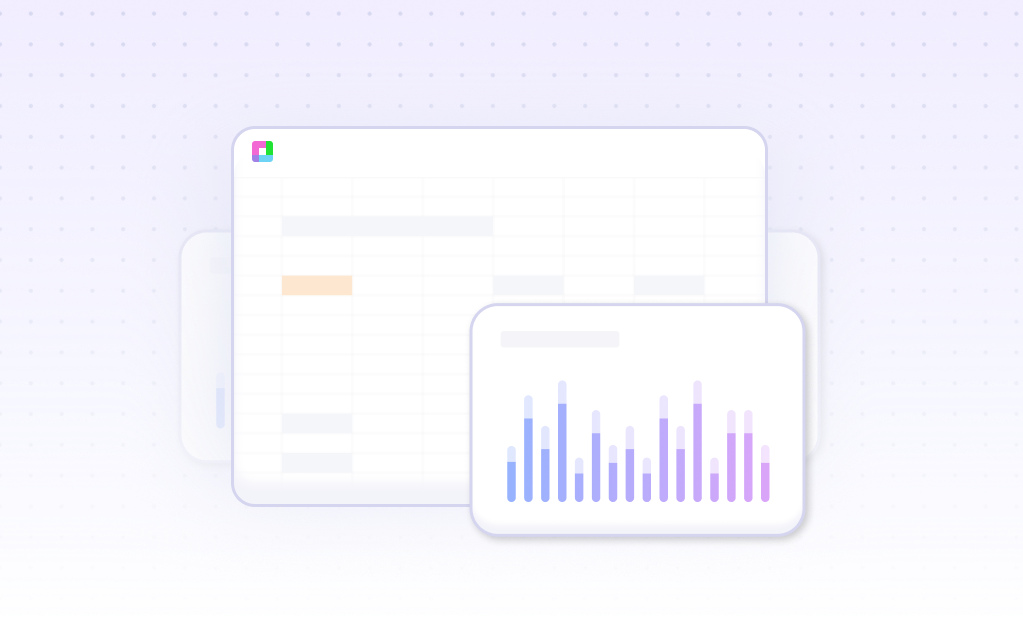
Master ESG Risk Management with Professional Sustainability Analysis
ESG risk management is crucial for sustainable investing, regulatory compliance, and long-term value creation. Our ESG Risk template provides comprehensive tools to assess environmental, social, and governance risks, calculate ESG scores, and implement sustainable risk management with institutional-quality analysis.
From climate risk to governance assessment, build robust ESG frameworks. Built for ESG analysts, sustainable investors, and corporate sustainability teams, this template helps you evaluate ESG performance, manage sustainability risks, and drive responsible investing decisions.
See how easy it is to generate a ESG Risk Excel Template Excel template with Sourcetable

Comprehensive ESG Risk Assessment Framework
Environmental Risk Analysis
Assess environmental risks including climate change, carbon emissions, resource depletion, and environmental regulations. Evaluate transition risks, physical risks, and environmental liabilities.
Social Risk Evaluation
Analyze social risks including labor practices, human rights, community relations, and product safety. Assess workforce diversity, supply chain risks, and social impact metrics.
Governance Risk Assessment
Evaluate governance risks including board composition, executive compensation, shareholder rights, and business ethics. Assess transparency, accountability, and risk management practices.
ESG Scoring & Ratings
Calculate ESG scores using standardized methodologies and rating frameworks. Weight environmental, social, and governance factors based on industry relevance and materiality.
Climate Risk Analysis & Scenario Modeling
Physical Climate Risks
Assess physical climate risks including extreme weather events, sea level rise, and temperature changes. Model impact on operations, supply chains, and asset values.
Transition Risk Analysis
Evaluate transition risks from policy changes, technology shifts, and market preferences. Assess carbon pricing, regulatory changes, and stranded asset risks.
Carbon Footprint & Emissions
Calculate carbon footprints including Scope 1, 2, and 3 emissions. Track emission intensity, reduction targets, and carbon offset strategies.
Climate Scenario Analysis
Conduct climate scenario analysis using TCFD frameworks and climate models. Assess financial impact under different warming scenarios and transition pathways.
Frequently Asked Questions
What ESG frameworks does the template support?
The template supports major ESG frameworks including TCFD, SASB, GRI, UN Global Compact, and EU Taxonomy. It can be customized for specific reporting requirements and industry standards.
How does it calculate ESG scores?
The template uses weighted scoring methodologies with industry-specific factors, materiality assessments, and peer benchmarking. It provides both absolute scores and relative rankings.
Can it handle climate scenario analysis?
Yes, the template includes climate scenario analysis capabilities with TCFD-aligned frameworks, physical and transition risk modeling, and financial impact assessment under different warming scenarios.
Does it include supply chain ESG assessment?
The template includes supply chain ESG assessment with vendor screening, risk mapping, and third-party evaluation. It helps identify and manage ESG risks across the value chain.
How does it handle ESG data quality issues?
The template includes data quality frameworks with validation rules, estimation methods, and confidence intervals. It provides guidance on handling missing data and inconsistent reporting.
Related Risk Management Tools
Connect your most-used data sources and tools to Sourcetable for seamless analysis.
Frequently Asked Questions
If your question is not covered here, you can contact our team.
Contact Us



